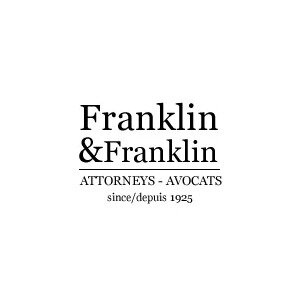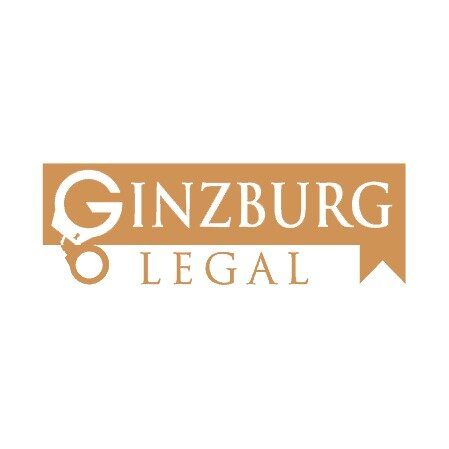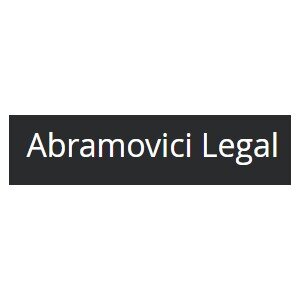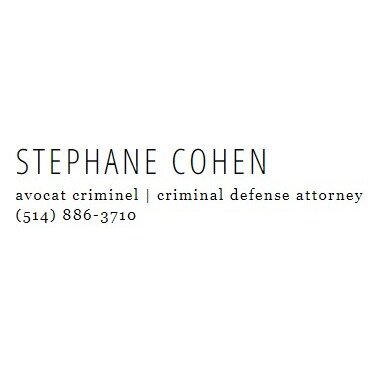Best Criminal Litigation Lawyers in Montreal
Share your needs with us, get contacted by law firms.
Free. Takes 2 min.
List of the best lawyers in Montreal, Canada
About Criminal Litigation Law in Montreal, Canada:
Similar to the rest of Canada, Montreal operates under Canadian Criminal Law, which is a body of law that prohibits harmful or undesirable conduct to individuals and society. The prosecutor, often the government, must prove guilt beyond a reasonable doubt. The rights of the accused include the right to fair trial and the presumption of innocence. What separates Montreal, however, is the dominance of the province of Quebec's civil law tradition, making procedural aspects of criminal litigation distinct compared to other provinces which primarily follow common law traditions.
Why You May Need a Lawyer:
Whether you've been accused of a crime or are a victim of one, navigating the complexities of criminal litigation requires legal expertise. From understanding your rights, reviewing evidence, negotiating plea deals, to trial representation, having a lawyer significantly increases the likelihood of a favorable outcome. Particularly in cases involving severe allegations like assault, fraud, or homicide, a lawyer can be instrumental in your defense.
Local Laws Overview:
Montreal is under the jurisdiction of the province of Quebec, known for its unique legal system in Canada. It operates under a Civil Law system, contrary to the rest of Canada which is primarily Common Law. Quebec Criminal Law is codified, meaning all the rules are in written statutes. While serious offenses like murder, sexual assault, and robbery are uniform across Canada under the Criminal Code, procedural aspects specific to Quebec would apply in Montreal.
Frequently Asked Questions:
1. Do I have the right to remain silent?
Yes, in Canadian law, you have the right to silence which is protected under Section 7 of the Canadian Charter of Rights and Freedoms. This means that you cannot be compelled to answer police questions.
2. How does the bail process work?
The bail process involves a hearing before a judge where they decide whether you should be released or held in custody until your trial. Factors they consider include flight risk, reoffending danger, and public confidence in the justice system.
3. Can I plead guilty to avoid trial?
You can choose to plead guilty, which would eliminate the need for a trial. However, it is crucial that you understand your rights and potential consequences. Consult with a lawyer before making such a decision.
4. What does it mean for a case to be stayed or withdrawn?
Stayed or withdrawn charges mean the prosecution has discontinued the case. A stay often implies a temporary halt which can potentially be re-initiated within a year, while withdrawn charges are closed and cannot be resumed.
5. What is the difference between summary and indictable offenses?
Indictable offenses are serious crimes such as murder and robbery that require formal prosecution and carry severe penalties. Summary offenses are less serious crimes with quicker procedures and lesser penalties. Some offenses can be either, determined by the prosecution's choice.
Additional Resources:
The official Department of Justice Canada website provides a comprehensive look at Canada's Justice System. The Bar of Quebec could assist you in finding a lawyer specializing in criminal litigation in Montreal. The Éducaloi website is an excellent resource for simplified explanations and information about laws in Quebec.
Next Steps:
If you require legal assistance in criminal litigation in Montreal, the first step is to consult with a lawyer. Ensure they specialize in criminal litigation and are familiar with Quebec's legal procedures. Once retained, full disclosure should be provided to your lawyer for better representation.
Lawzana helps you find the best lawyers and law firms in Montreal through a curated and pre-screened list of qualified legal professionals. Our platform offers rankings and detailed profiles of attorneys and law firms, allowing you to compare based on practice areas, including Criminal Litigation, experience, and client feedback.
Each profile includes a description of the firm's areas of practice, client reviews, team members and partners, year of establishment, spoken languages, office locations, contact information, social media presence, and any published articles or resources. Most firms on our platform speak English and are experienced in both local and international legal matters.
Get a quote from top-rated law firms in Montreal, Canada — quickly, securely, and without unnecessary hassle.
Disclaimer:
The information provided on this page is for general informational purposes only and does not constitute legal advice. While we strive to ensure the accuracy and relevance of the content, legal information may change over time, and interpretations of the law can vary. You should always consult with a qualified legal professional for advice specific to your situation.
We disclaim all liability for actions taken or not taken based on the content of this page. If you believe any information is incorrect or outdated, please contact us, and we will review and update it where appropriate.













